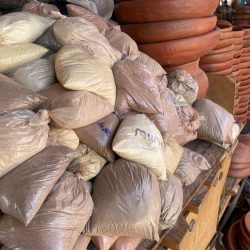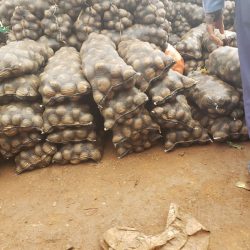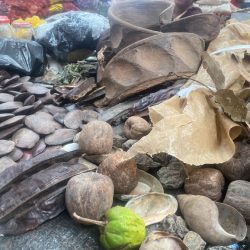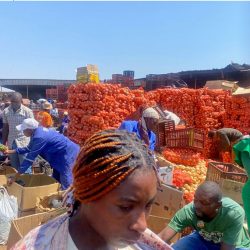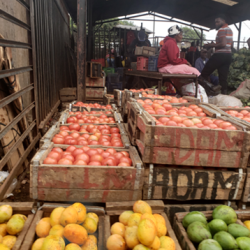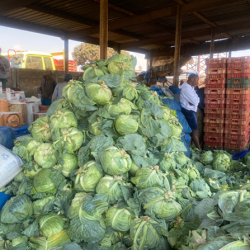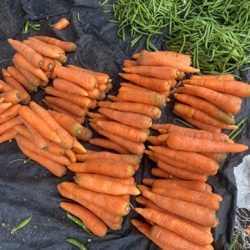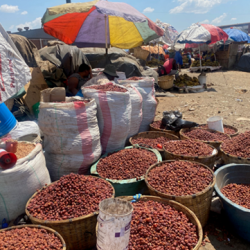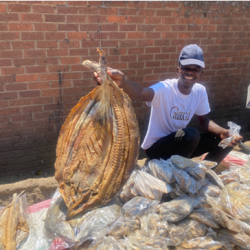How colonialists used their language to undermine indigenous food systems
In many African countries, colonialists did not just take the best land for producing their own food and raw materials for their own industries. They went further and used their own language to stigmatize indigenous food so that the young generation of Africans would completely delink themselves from food that is an integral part of Read more about How colonialists used their language to undermine indigenous food systems[…]

